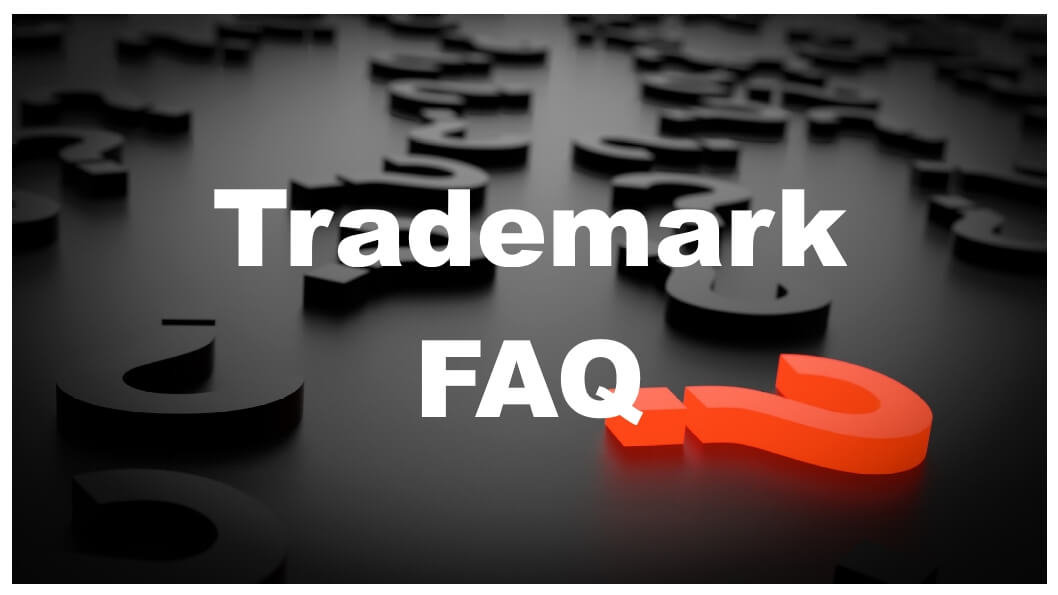If you’ve reached this article, you’re very likely mindful about those dubious online trademark services. They’re low cost, and they tend to have bad reviews on online communities like BBB and Yelp. Well, I’m not surprised. I’ve recently had a client who was charged for two international classes ($500 in USPTO fees), but for only one international class the application was actually filed. That’s an outright fraud.
So, now you wonder how IPfever is different. I understand it seemingly has less documentations and lacks fancy charts/diagrams explaining the process. The truth is that IPfever is actually just an online arm of two patent attorneys’ traditional law practice. In other words, though IPfever has online presence, we work like any other law offices with real attorneys except that we have a very different approach to legal fees.
The reason people consider those dubious online services is obviously the cost. When you walk in to a law firm, you’re starting to pay everything you see and interact from there on. The receptionist’s salary? The fancy office furniture? The time you spend in their offices including “free” consultation? All paid by the clients in the end. IPfever attorneys believe attorneys can file a trademark application at a fraction of cost if they work smart.
Not all trademark applications are created equal. Some takes more time and preparation while others may be filed in minutes if not an hour. So, IPfever created this after-the-fact fee structure where clients will not pay unless they are satisfied.
Here’s how it works:
When you request a free consultation, an attorney will contact you and ask you bunch of questions. Of course, you can ask questions, too. But some of those questions will cost money.
For example, if you want to know if you can use a brand name or logo without infringing other’s trademark, or more simply if you can successfully register a brand name or logo with the USPTO, then attorneys will have to do some research to answer that question. These kind of answers will be in a research report that comes with an invoice, which you should pay, theoretically. However, if you feel you’re not happy with the report, then you’re free to walk away.
Other than that, most questions will be answered by your attorney on spot. Some of the questions will take a lot of time answering because you might ask something like “what about this design feature?” There, your attorney will try to guide you through the process of getting a registered trademark based on your specific needs about the cost, timeline, the ultimate strength of registered trademark, and etc. When you say the cost is your top priority, your attorney will lead you to the shortest way, but meanwhile you will be informed about the risks that you’re taking. Sometimes, you are willing to take a risk to save money, and we fully understand.
After that initial consultation, attorneys can give you the estimate of cost for filing an trademark application with the USPTO. This would include all the USPTO fees, and unless your application is initially refused for some reason, that is all you pay for the registration.
If you like what you saw and heard so far, you give your attorney a nod, and a trademark application will be ready in 2-3 business days. Then, you will receive a report of details of the trademark application and an invoice, for the services done so far and the USPTO filing fees. You make the payment, and your application will be filed with the USPTO.
This is not the most straightforward process because more often than not, the first question you ask is how much it costs? Well, the obvious answer is “it depends”. Maybe we can simply say $1,000 per trademark, excluding USPTO fees, like other attorneys. We can certainly do that because the average cost of getting a registered trademark at IPfever is less.
From February 2020 to June 2020, the average cost of getting a registered trademark at IPfever was about $425.
Then, why not just do $500 flat fee? Well, the lowest was $130. What should we say to the client for whom we only spent $130 worth time and resources? We understand the fear of getting unexpected legal invoices, and that is why we always try to provide estimates before we move and also have the “100% satisfaction guarantee”: if you’re not satisfied with the services, you don’t have to pay the invoice. Just let us know what went wrong, and we will try to fix it or simply cancel the invoice.
I hope you find this article helpful, and if you have further questions, simply request a free consultation and include your question there.

